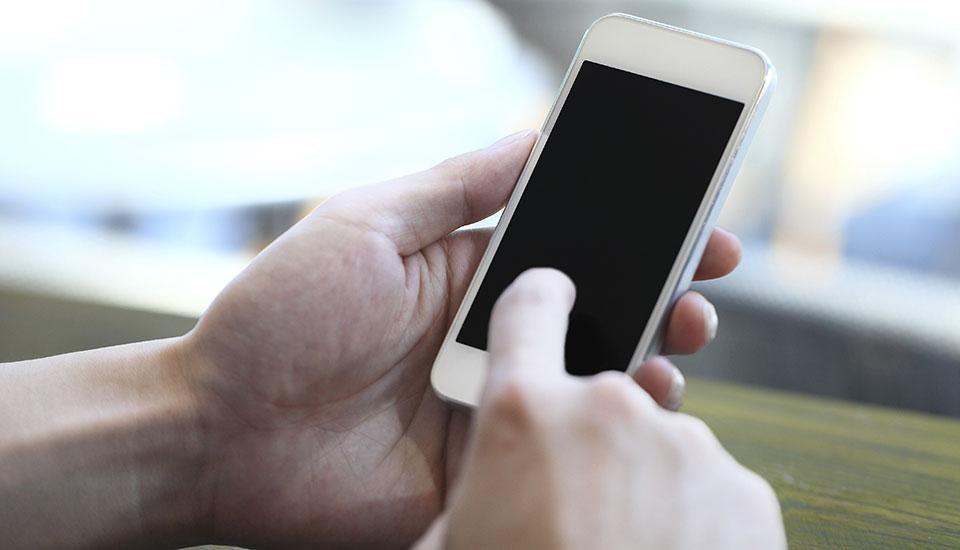How can we better protect online accounts from cyberattacks? DICT answers
By JISELLE ANNE C. CASUCIAN, GMA Integrated News Published April 4, 2024 5:14pm Over the years, phones have become personal cameras, radios, libraries, and tools to access financial services; however, this also makes them susceptible to security breaches. As technology continues to develop, so do the different online scams that victimize the public. So, how […]


By JISELLE ANNE C. CASUCIAN, GMA Integrated News
Over the years, phones have become personal cameras, radios, libraries, and tools to access financial services; however, this also makes them susceptible to security breaches.
As technology continues to develop, so do the different online scams that victimize the public.
So, how do you protect yourself from cyberattacks when you lose your phone?
Department of Information and Communications Technology (DICT) spokesperson Assistant Secretary Aboy Paraiso underscored the importance of “cyber hygiene.”
“When you put everything in one basket, you have to make sure it constantly evolves and changes,” he said in an interview with GMA News Online.
According to him, here are the best steps to take as preventive measures:
Enable two-factor authentication
Paraiso said that two-factor or multi-factor authentication is the best way to protect yourself from any online scam.
“Kasi hindi lang passwords ang kailangan. [May] OTP, yung biometrics natin i-input natin para po makagain access tayo sa financial records,” he said.
(It won’t just need your password. There’s OTP, our biometrics, that we have to input so we can gain access to our financial records.)
“Pag sa cellphone makukuha na eh yung mga passwords lang po natin, pero yung biometrics natin atin,” he added.
(They can retrieve our passwords on our cellphones, but our biometrics are ours.)
Regularly change your passwords
Another strategy for safeguarding against scams is to use strong passwords and to change them frequently.
“They are very predictable, so try to prevent ourselves from being targets by being unpredictable when it comes to our passwords,” he said.
He advised people to avoid using old passwords that may have previously been compromised.
Immediately freeze accounts if your phone is stolen
As soon as you lose your phone, Paraiso recommends that you immediately file reports and change passwords.
“We immediately report it to our banks para po freeze muna at di magalaw yung mga accounts natin. We immediately change our passwords to various [na] mga social sites natin, to our banking sites natin, yung mga [e-wallet] natin itawag na din natin,” he said.
(We immediately report it to our banks so that our accounts can be frozen and cannot be accessed. We immediately change our passwords to [our] various social media sites, to our banking sites. File a report if it involves our e-wallet.)
With active two-factor or multi-factor authentication, Paraiso said it would be possible to lock scammers out of your accounts by preventing your SIM from receiving a one-time password. — VBL, GMA Integrated News














